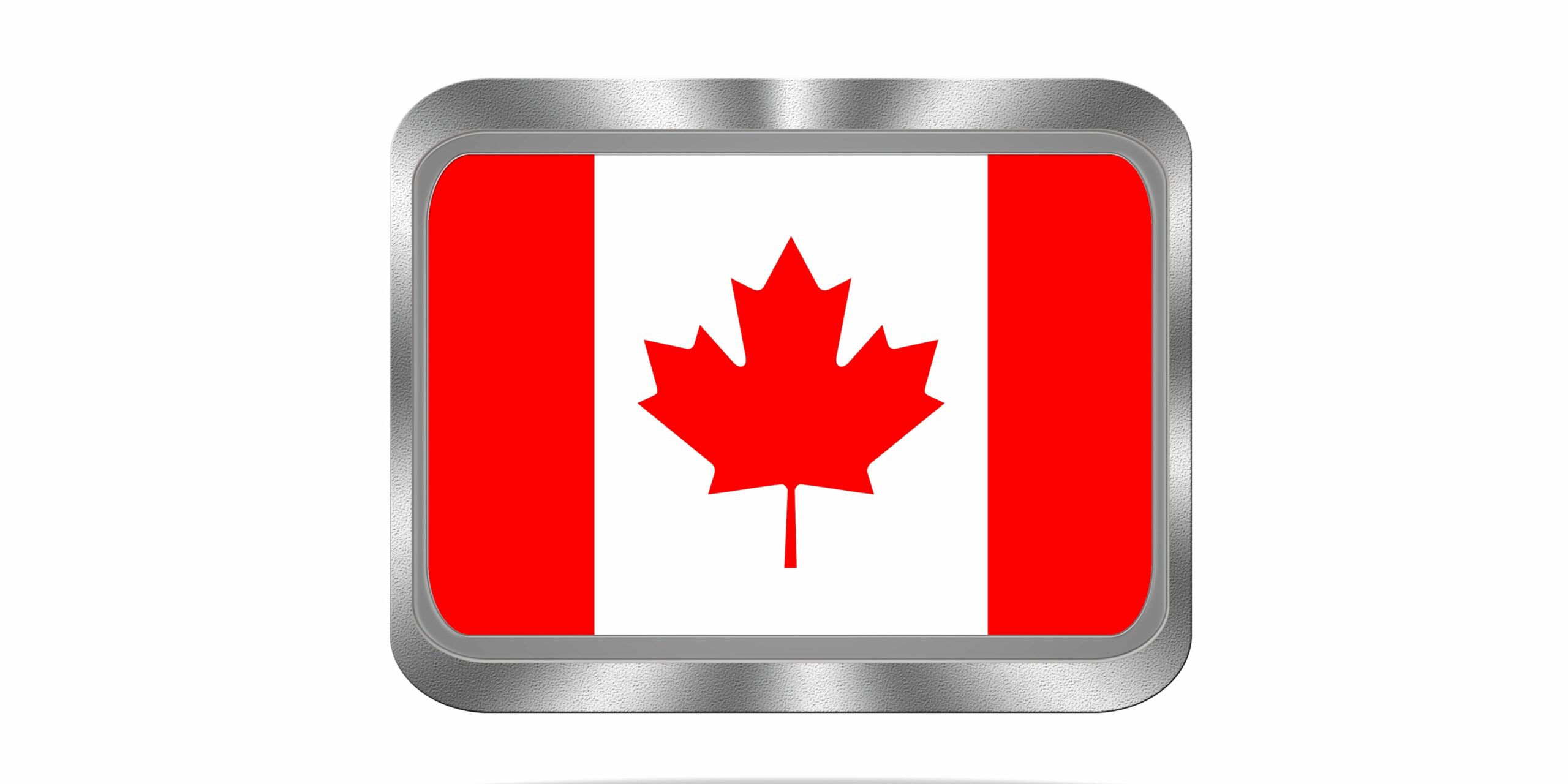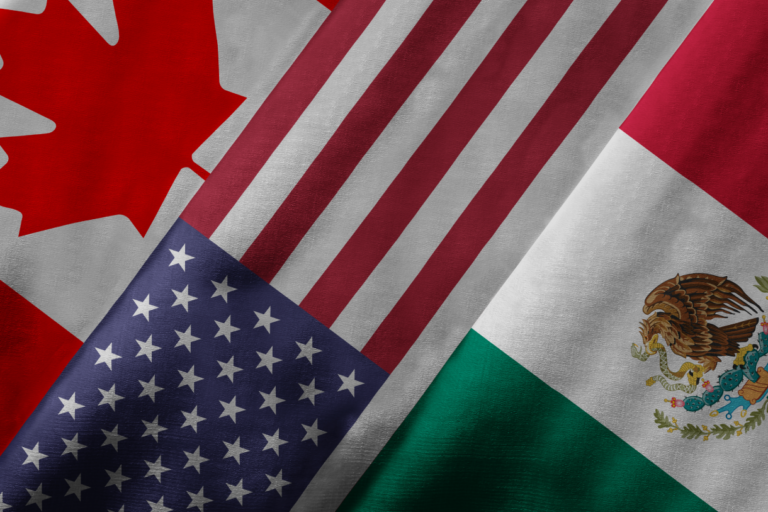Midweek Focus: Canada, Commerce, and China
Canada Imposes Additional Sanctions on Belarus Officials for Human Rights Violations
Canada has announced another round of sanctions against Belarus officials, citing ongoing human rights violations following the disputed 2020 presidential election. The punitive measures target 21 current and former senior government figures, including members of the security forces, public prosecutors, and members of the judiciary system. These individuals have been accused of involvement or complicity in arbitrary arrests, detentions, brutality, intimidation, and excessive use of force against Belarusian citizens who protested against the fraudulent election. Canada has already imposed 14 rounds of sanctions on a total of 211 individuals and 71 entities in Belarus. Foreign Minister Melanie Joly is scheduled to meet exiled Belarusian opposition leader Sviatlana Tsikhanouskaya in Ottawa this week.
Highlights:
- Canada imposes new sanctions on Belarus officials over human rights violations.
- The sanctions target senior government figures, security forces, prosecutors, and the judiciary.
- The sanctions are a response to arbitrary arrests, detentions, brutality, intimidation, and excessive use of force against protestors.
- Canada has already implemented 14 rounds of sanctions against a significant number of individuals and entities in Belarus.
Department of Commerce Introduces New Antidumping and Countervailing Duty Regulations
The Department of Commerce has issued new regulations regarding antidumping and countervailing duties, granting authority to investigate subsidies provided by third country governments to manufacturers under investigation. This new provision allows for the examination of “transnational subsidies,” creating uncertainty around what constitutes a “countervailable” subsidy. The regulations lack specific guidance on how these third-party government subsidies will be addressed during investigations. The new rules also have implications for parallel antidumping duty proceedings, potentially increasing the burden on responding companies. Concerns raised during the comment period were dismissed by the Department of Commerce, who justified the changes by citing the global economy and China’s Belt & Road Initiative as reasons for revising the regulations.
Highlights:
- Department of Commerce introduces new regulations for antidumping and countervailing duties investigations.
- The regulations authorize investigations into subsidies from third-country governments to manufacturers under investigation.
- Uncertainty arises regarding what qualifies as a “countervailable” subsidy due to lack of specific guidance.
- The changes may lead to an increased burden on responding companies during parallel antidumping duty proceedings.
U.S. Official Highlights Persistent Concerns Over Intellectual Property Rights Infringement in China
During an event in Beijing, U.S. Patent and Trademark Office Director Kathi Vidal highlighted the persistent issue of intellectual property rights (IPR) infringement faced by U.S. businesses in China. Vidal expressed concern over insufficient deterrence for infringement, challenges related to pharmaceutical patents, and the misappropriation of trade secrets. She emphasized the negative impact on U.S. firms and workers, noting that these issues are shared by other nations. Vidal also voiced unease over recent policy shifts in China, calling for a fair and non-discriminatory IP environment for all. While acknowledging recent Chinese laws allowing for higher penalties, she noted that practical implementation remains a concern. Additionally, discussions with Chinese Vice Premier Ding Xuexiang underscored the importance of strengthening dialogue and practical cooperation on intellectual property rights.
Highlights:
- U.S. Patent and Trademark Office Director Kathi Vidal emphasizes intellectual property rights (IPR) infringement as a major concern for U.S. businesses in China.
- Concerns include inadequate deterrence for infringement, difficulties with pharmaceutical patents, and misappropriation of trade secrets.
- Vidal underscores the impact on U.S. firms and workers, noting that other nations share similar concerns.
- Calls for a fair, non-discriminatory IP environment and highlights the need for practical implementation of higher penalties for infringement in China.

Export to Canada Course
Learn both the U.S. Customs requirements to Export to Canada from the U.S. AND the Canadian customs requirements. We will also review procedures, and learn the documentation requirements, and the process of clearing goods at Canadian Customs.








